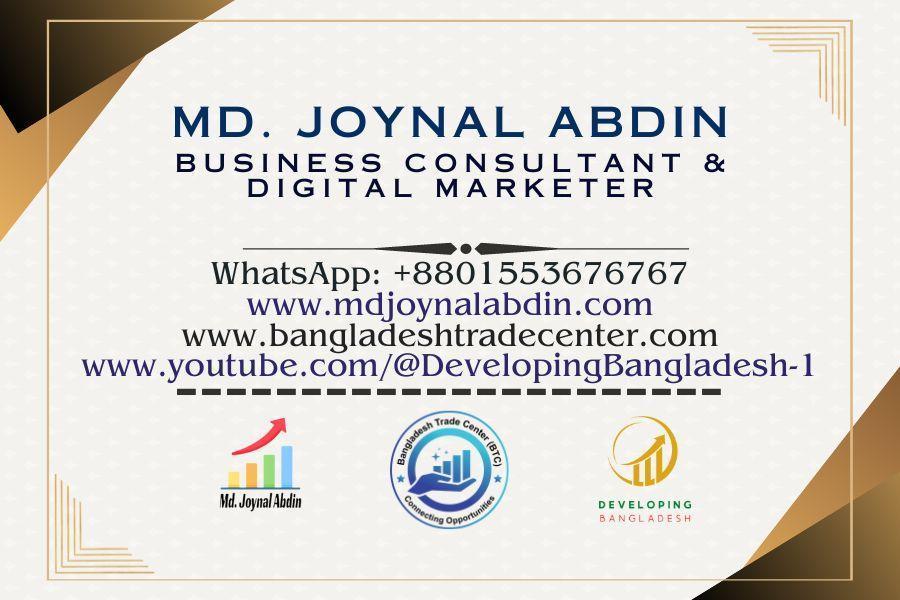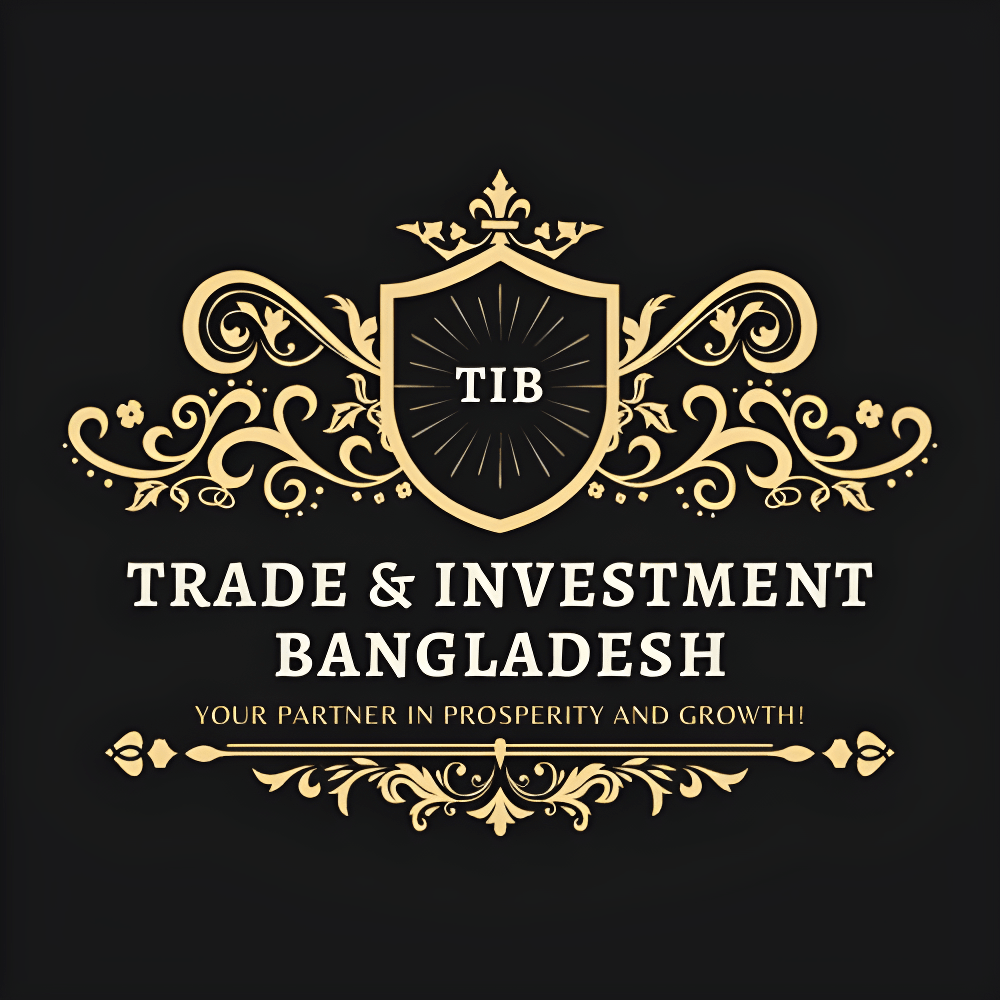Business Consultants in Strategic Planning for Small Businesses [Part-2]
Business Consultants in Strategic Planning for Small Businesses [Part-2] Md. Joynal Abdin, BBA (Hons.), MBA Founder & CEO, Trade & Investment Bangladesh Strategy Development Consultants play a crucial role in crafting effective strategies tailored to a business's unique challenges by…
Read More



 by
by